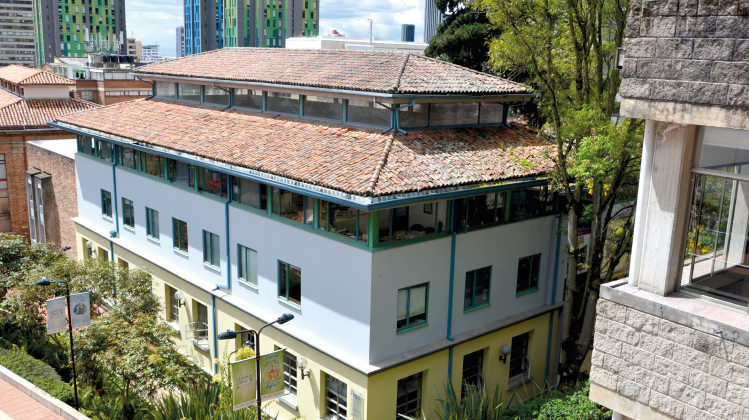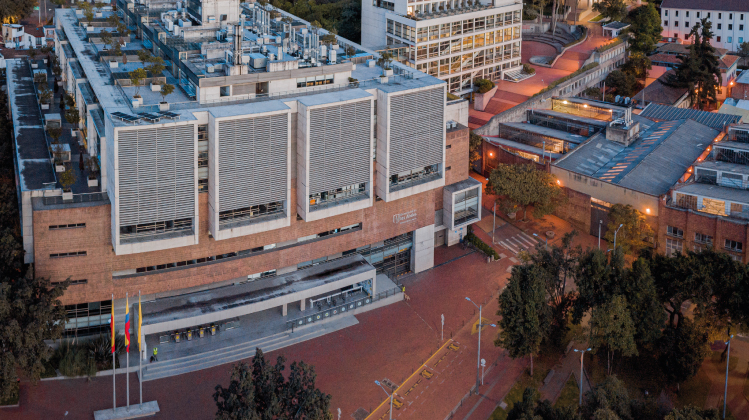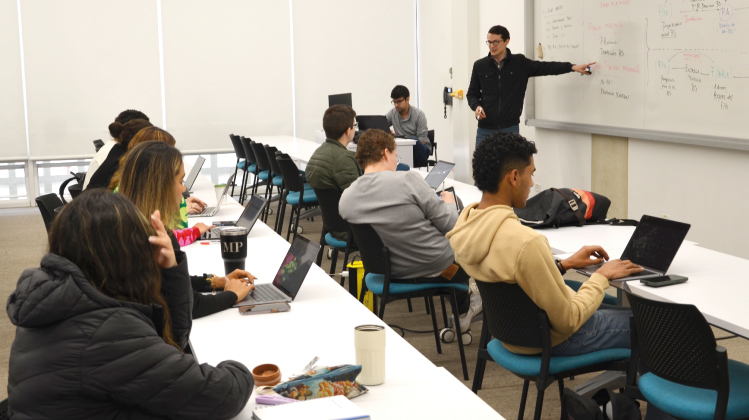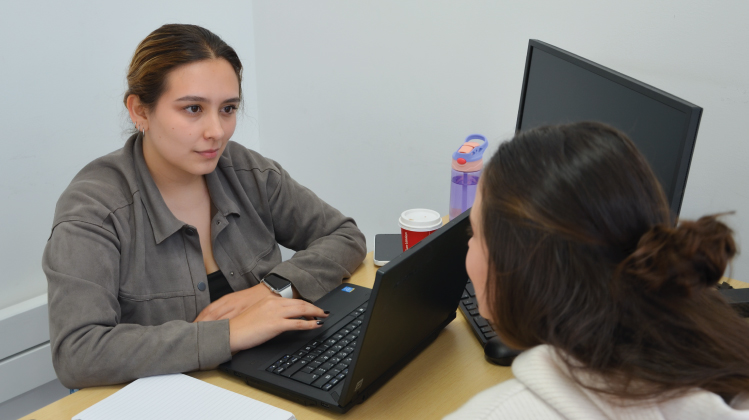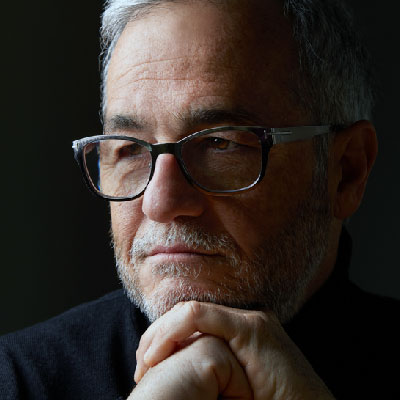International Criminal Law and Justice
- Presencial
- Idioma: Español
- Martes 24 de junio a sábado 5 de julio
- Lunes a viernes - 8:00 a.m. - 12:00 m. - Sábados trabajo guiado
- 4 créditos
- Pensum antiguo: Internacional 1 Nuevo Pensum: Facultativa
- DEIN -4858

Descripción
How does international law respond to mass atrocities and political transitions? From the Holocaust to the Rwandan genocide, from South Africa to the Arab Spring, this course examines how legal institutions address violence and promote reconciliation.
You will explore the role of international criminal justice and truth commissions in post-conflict societies, studying key cases and analyzing different models of transitional justice. Through an interdisciplinary approach, the course connects history and law, examining how historical narratives shape accountability, justice, and social order.
What You Will Learn:
- Understand the role of international criminal law in transitional justice and post-conflict reconstruction.
- Analyze the relationship between memory, historical narratives, and justice in the aftermath of mass atrocities.
- Evaluate different transitional justice models, including criminal tribunals, truth commissions, and testimonial justice.
- Study the evolution of international crimes and the impact of institutions such as the International Criminal Court.
- Apply your knowledge to real-world case studies, including Argentina, Rwanda, and South Africa, to understand justice in action.
- Reflect on the future of international criminal law, including the potential recognition of new crimes like environmental degradation.
This course is ideal for law students and professionals seeking a deeper understanding of international criminal justice and its impact on contemporary societies.
